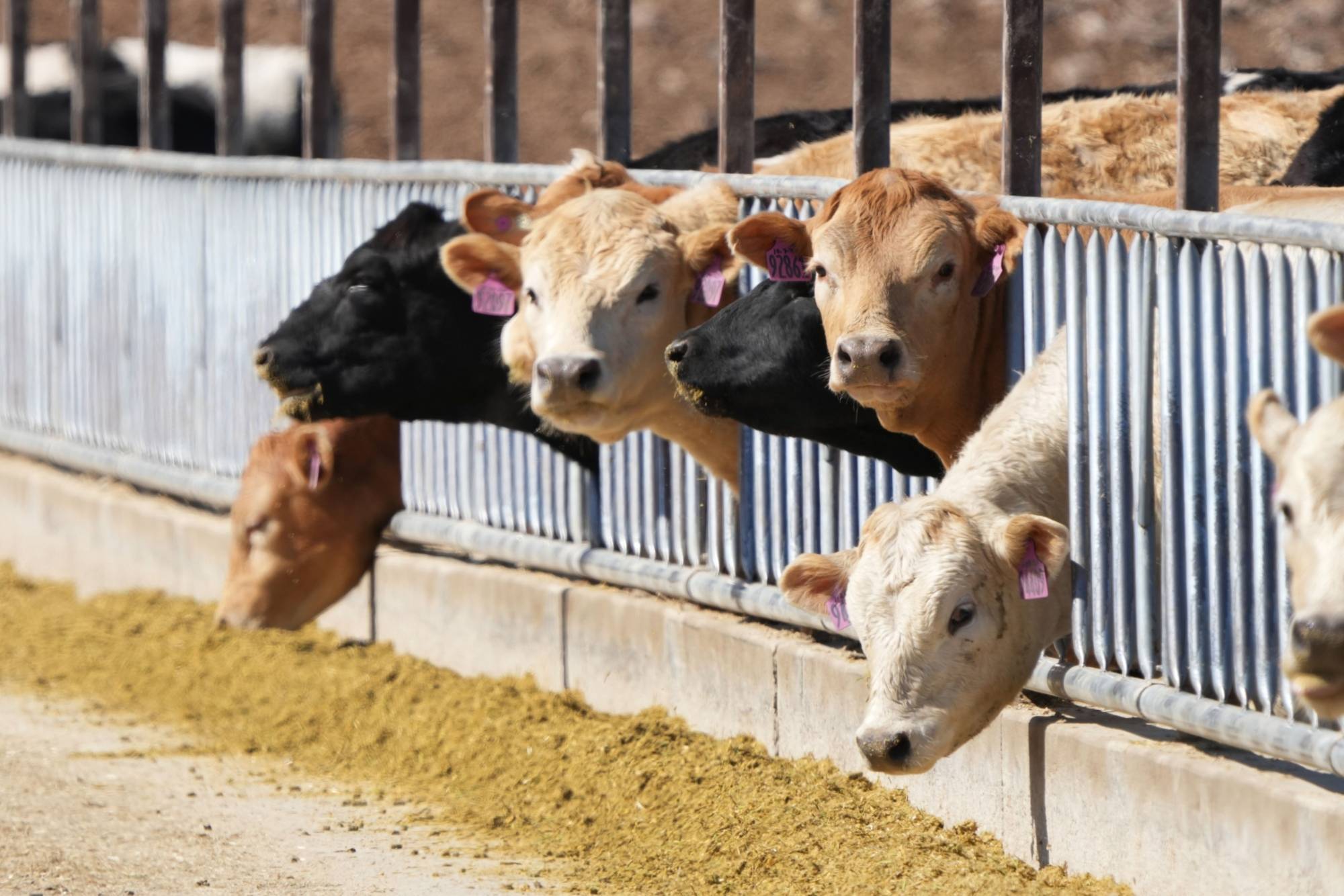In recent weeks, I have been touring the United States and the United Kingdom, promoting "Animal Liberation Now," my new book on the ways in which we are inflicting suffering on hundreds of billions of nonhuman animals, especially in factory farms. The persistence of this vast, entirely unnecessary suffering is one of the great moral issues of our time.
Some people doubt this claim because they think that humans matter incomparably more than animals. But it is increasingly accepted among the general public and ethicists that preventing suffering is morally important irrespective of the species of the being who is suffering.
But this concern for other species raises a much more difficult question: How do we compare the suffering of animals of different species? Given our limited time and resources, how many chickens should we help instead of helping one human? An equally perplexing question can be asked about the decision to focus on preventing the suffering of some animals — say, pigs — rather than others, when we are harming many more of the latter. For example, each year we raise in close confinement and then kill without prior stunning more than 15 times as many fish as the entire human population of the planet. What moral standing does their suffering have?



















With your current subscription plan you can comment on stories. However, before writing your first comment, please create a display name in the Profile section of your subscriber account page.